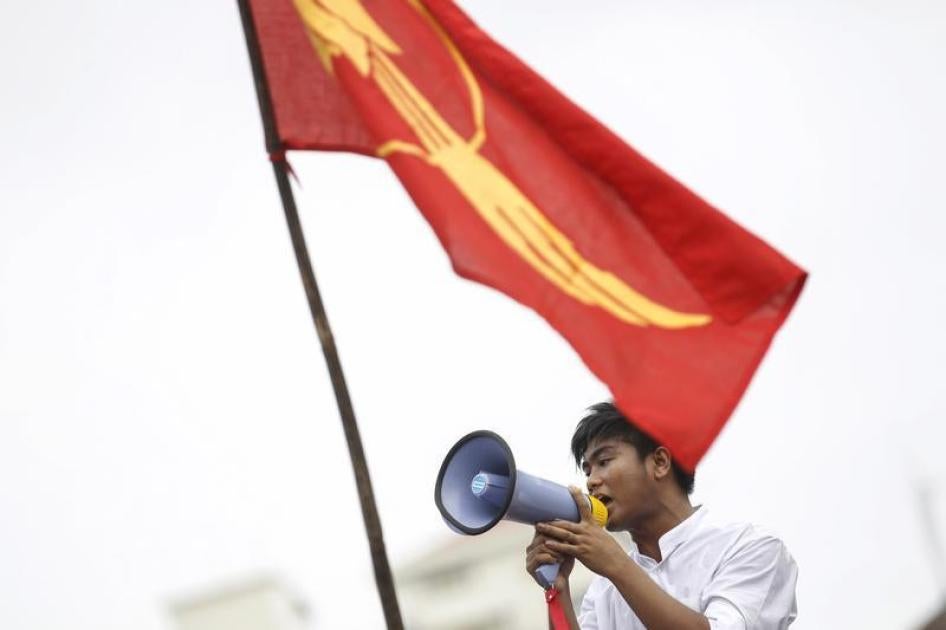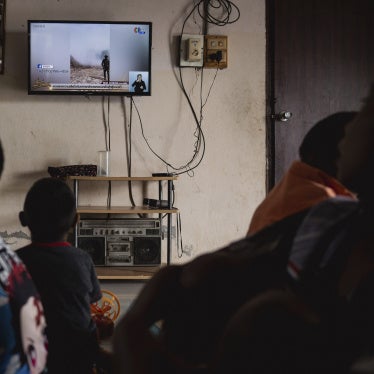As Burma moves towards nationwide elections on November 8, the quasi-civilian government is intensifying its crackdown on student activists, who have long served as critical voices and barometers of the public mood.
Last week, security officials arrested several student activists, including Ko Zeya Lwin, who was dragged from a car shortly after leading a commemoration for the 53rd anniversary of the Burmese army’s crushing student protests by dynamiting the Rangoon University Student Union building – ever since a lightning rod for student hostility to the military. Ko Zeya Lwin also helped organize the June 30 protest outside Rangoon town hall against military obstruction of constitutional change, after military-aligned members of parliament, who make up 25 percent of the legislature, and their political allies voted down a wide array of progressive charter amendments.
Security forces have also arrested and prosecuted student supporters in other parts of Burma, in what appears to be an effort to intimidate dissidents. On July 10, a court in Meiktila sentenced Myint Myint Aye, 57, Khin May Si, 65, and May Thet Oo, 54, to four months in prison for violating Burma’s abusive Peaceful Assembly Law. They had staged a prayer rally in May, without official permission, in support of student protesters who were arrested in March.
On July 8, five members of the Tavoy (Dawei) University Student Union were sentenced to one-month imprisonment or a Kyat 30,000 (US$33) fine in lieu of prison time for organizing a protest. Not surprisingly, they paid the fine.
Last March, police cracked down on more than 100 peaceful student demonstrators in the town of Letpadan, and at least 70 protesters – many of them members of the formerly banned All Burma Federation of Student Unions – remain jailed and face charges of rioting and unlawful assembly, which could send them to 10 years in prison. The jail conditions for many of the activists during their prolonged pretrial detention are dire.
The number of political prisoners in Burma has surged in recent months, with 169 incarcerated and 446 facing charges, including students, land rights activists, and demonstrators charged with unlawful assembly. As international expectations are raised for genuinely democratic elections in November, the number of detained students and other political prisoners will be a key indicator of the government’s commitment to basic freedoms. With recent arrests, that commitment looks increasingly shaky.









